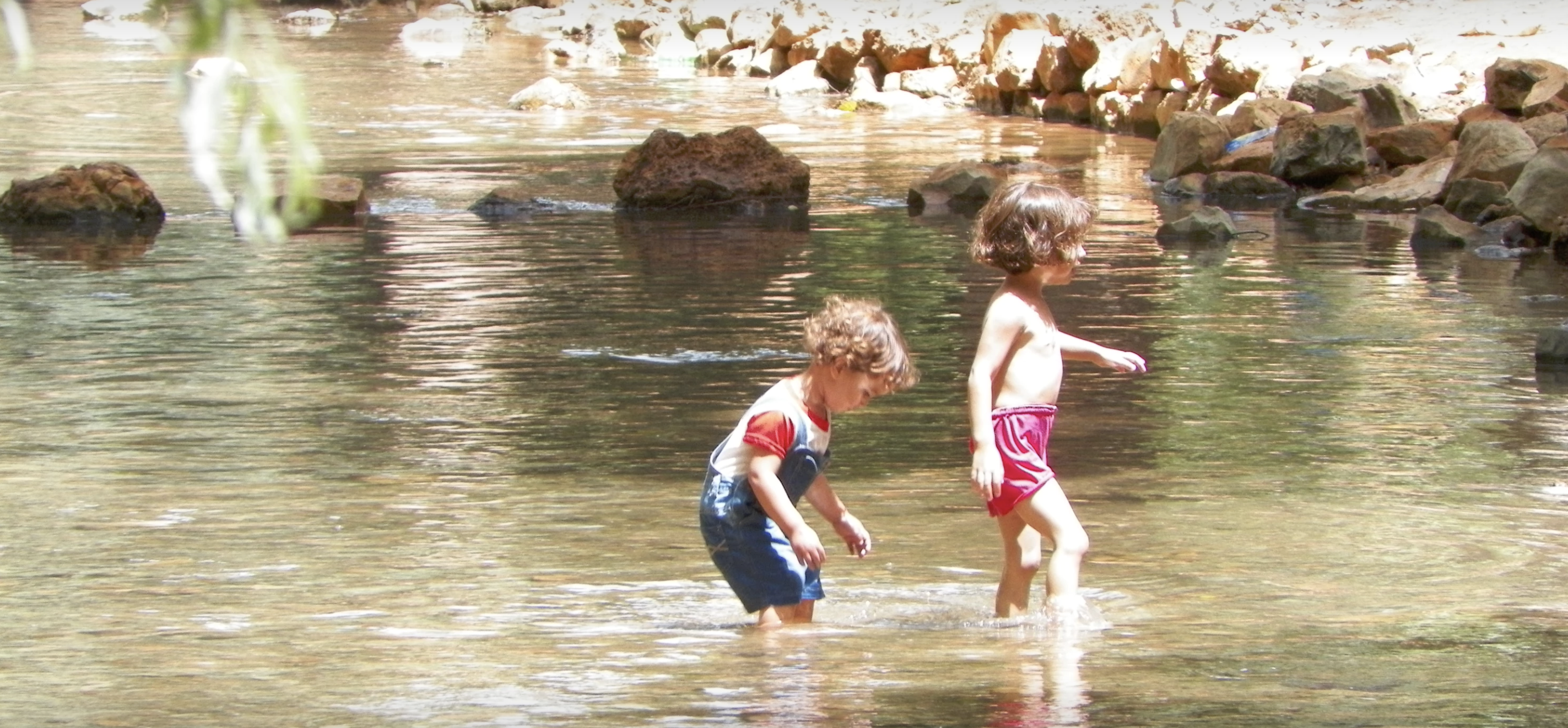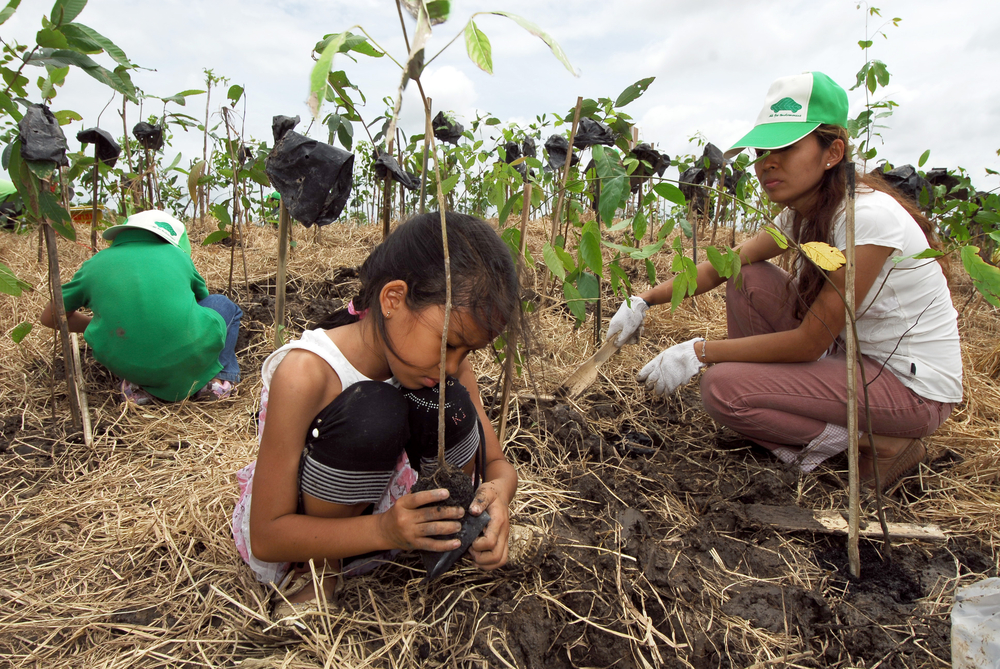Many of us are optimistic and hopeful that the younger generations will innovate solutions to fix the overload of waste that is currently straining our environment. Simultaneously, many of us can sometimes find it daunting to teach children about the morals and ethics of why we need to be less wasteful. The concept of climate change is huge. So how can we get children to grasp an understanding of this heavy topic with their tiny hands?
As adults, we are often inspired to fight against waste based on emerging scientific findings that often circulate around on media platforms. However, we need to remember that what resonates with us may not necessarily resonate within our children. We can throw as many statements and statistics as we want, but it will most likely just ricochet. They are human, and if we want them into active and informed citizens, then we need to focus on teaching them how to enquire.
Here are a few activities you can do that can help prompt a discussion about reducing waste:
1. Exploration Diary
It's difficult for children to understand the importance of reducing waste without developing a true appreciation of the natural environment around them. Children can keep an exploration diary where they write journal entries, create illustrations, paste photographs, and write descriptions about the natural landscapes they have visited. They can also observe the changes which occur over the seasons in one outdoor setting and collect leaves, flowers and twigs to keep in their diary.

2. Packing A Waste-Free Lunch Box With Them
It is all too common to hear the rustling of packaged muesli bars, unnecessary cling wrap and sandwich bags the second after the lunch box lid is lifted. By using reusable containers and package-free snacks such as fruits and vegetables, parents can get students to start thinking about the ways they can reduce waste as an everyday habit. For a fun way to tackle food wastage, the children can even have a 'funky lunchbox day' where you can pack oddly-shaped fruits and vegetables that would otherwise be discarded. Here are a few ideas for waste-free lunches, and here's a comprehensive list of all the equipment you'll need.
3. Compost Bin Experiment
Some kids love nothing more than getting dirty and murky hands and a good old science experiment. If you don't already have one, you can create a compost bin together as a family. Place various wastes such as banana peels, a plastic bag and cotton fabric in the compost bin. Make observations about how much each item has deteriorated each week. By observing the differences in how different waste items take to decompose, children can start questioning the detrimental impacts of plastic waste.

4. Participating within the Local Community
Local communities are always in need of an extra pair of hands to help around. You can participate in local events such as assisting with cleaning up local areas, animal rehabilitation or planting seeds. Most schools also hold events and extra-curricular groups to fight against waste which the whole family can assist to help organise. Giving children the chance to participate and physically see that their efforts are needed can be an extremely rewarding and memorable experience for them.
Overall, we need to remember that the brains of our children are not empty buckets that we can simply pour our knowledge into. At their own pace, children need to come and realise the impact of waste on the environment. This realisation will only come if we teach them how to question, enquire, and challenge what is around them.
Maria Nguyen is a university student who is studying to become a primary teacher. Maria likes to think of ways to teach kids about how they can help prevent climate change. In her spare time, she loves to up-cycle and sew clothes, practise martial arts and read books. She also blogs about sustainable fashion, and you can check that out here.
Read this next: Wild Child: The Importance Of Exposing Your Kids To Nature
We're in a climate emergency and it's going to take all of us to get out of it. That's why 1 Million Women is building a global community of women committed to fighting climate change with our daily actions. To join the (free) movement just click the button below!

